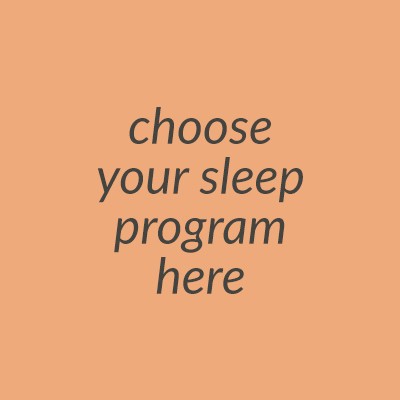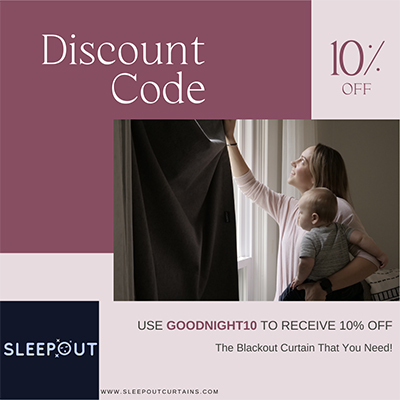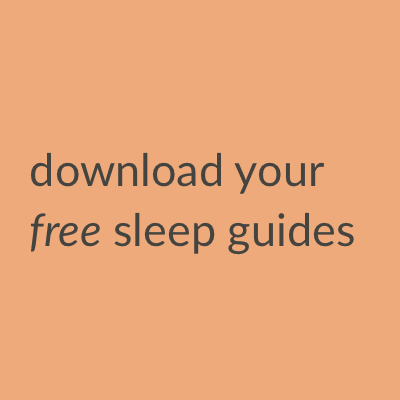We talk a lot about how important sleep is for day to day life as well as how much it can impact your overall health. In fact, there’s even been research completed that shows how much honouring your natural sleep rhythms (known as circadian rhythms) can positively support your mental and physical health. There’s also plenty of articles written about how parents, in particular new mothers, sleep less than others and how harmful that can be to their health and happiness.
Obviously, life circumstances will affect how much sleep you get. Sleep environment, sleep routines and general daily life all play a factor in good sleep hygiene. So, does it really come as a surprise that sleep and race are also interconnected? It shouldn’t. We know the world is waking up to better acknowledge white privilege and it’s also time to better understand how that privilege impacts the ability to sleep well at night.
Sign Up For Our Newsletter
Why Black People Sleep Less Than White People
Sleep is a commodity. Getting the sleep you need and having the ability to rest when you need it is a luxury. Why haven’t we talked about this more? Honestly, it’s because the reasons around not getting the sleep you need when you’re a Black person can make others uncomfortable. It runs deeper than just not having the right pillows or not being able to block out the early morning sun. It’s only been in the last two decades that researchers have started to identify and study the intersection of sleep and race.
We’re not trying to simplify things or smooth over the complexity of the issue, but we do want to bring some attention to why Black people are more sleep deprived than other races.
- Multi-Ethnic Study of Atherosclerosis (MESA) researchers have found evidence that the farther you live from a wealthier area, the more likely you are to develop insulin resistance which can lead to diabetes or other health problems.
- When monitored, Black people were also more likely to report daytime sleepiness and woke up more often in the middle of the night.
- Restorative sleep which is what helps our bodies regenerate is very sensitive to stress. Perceived threats and discrimination are widely believed to negatively impact a Black person’s ability to really get into a deep stage of sleep. The more discrimination felt the less likely restorative sleep will occur.
- Furthermore, people who are discriminated against, carry much more worry with them throughout the day. Their brain harbours those negative experiences and they constantly worry about how to avoid situations where they may be discriminated against, experience racial bias or be subject to physical harm.
- Sleep environment also largely impacts the ability to get a good night’s rest, and in this case we mean geographic environment. There’s an excellent video that examines the systemic racism that influences Black people’s ability to buy or rent housing in safe neighbourhoods, even when those people are considered middle class. When you live in a neighbourhood where vigilance is necessary, it’s much harder to get the quality rest you need.
- Black people also face job discrimination which often means they end up working more than one job to earn the income they need. Working longer or irregular hours, coupled with a long commute negates the ability to get the seven to eight solid hours of sleep each night that supports good health.
- There’s also a lack of resources and a lack of awareness when it comes to support options for Black people dealing with sleep issues. As a small step forward, we’ve compiled a list of Black owned businesses that support sleep and wellness.
Moving Forward And Changing The Conversation
As someone who is highly invested in the importance of sleep and who has spent more than a decade studying and educating families all over the world about sleep, I wish I had paid attention to the impact that race can have on sleep sooner. While I encourage every person to build a better bedtime routine and to make rest a priority, I now know that for BIPOC it’s just not that simple. Systemic racism reaches far and wide into every aspect of life and impedes Black people’s ability to prioritize their own health and well being. It’s time to open our minds and recognize how much white privilege impacts the choices we have and the choices we make when it comes to supporting what our minds and bodies need.






